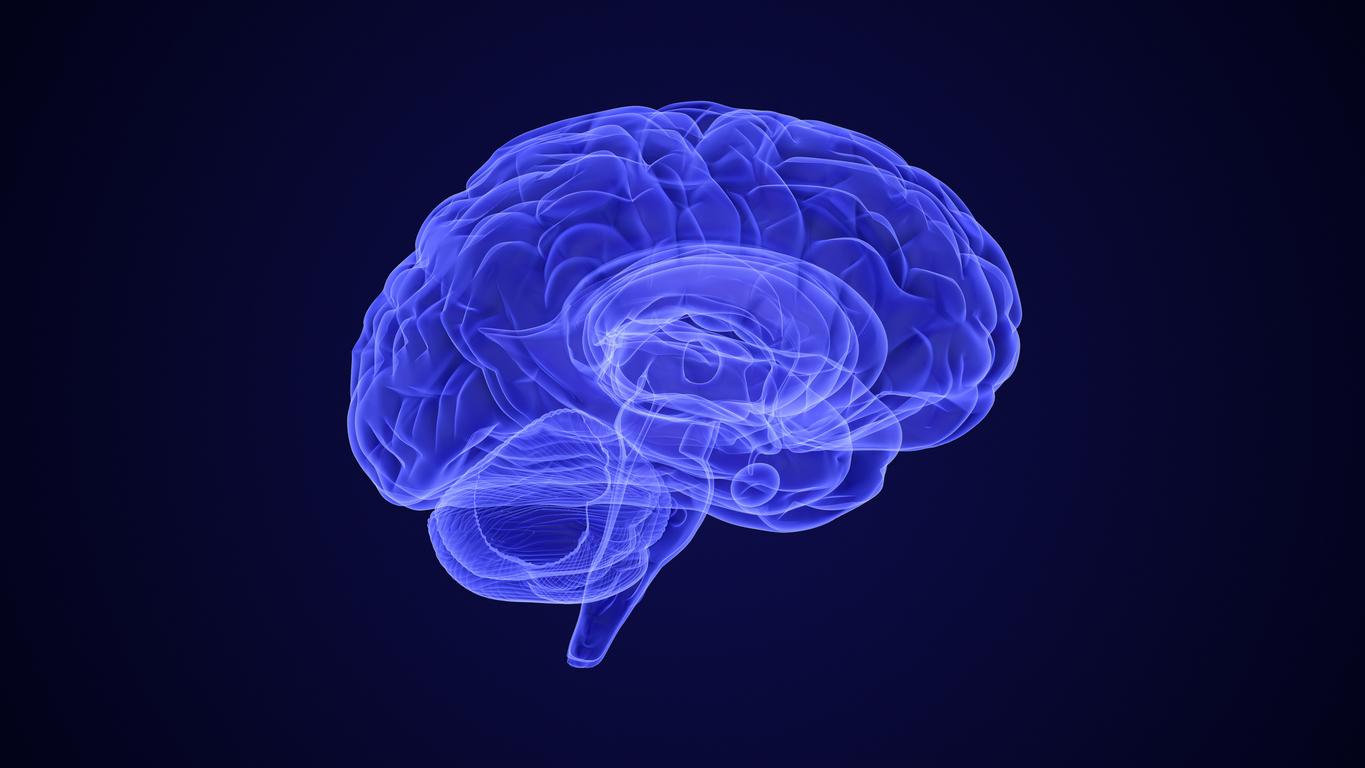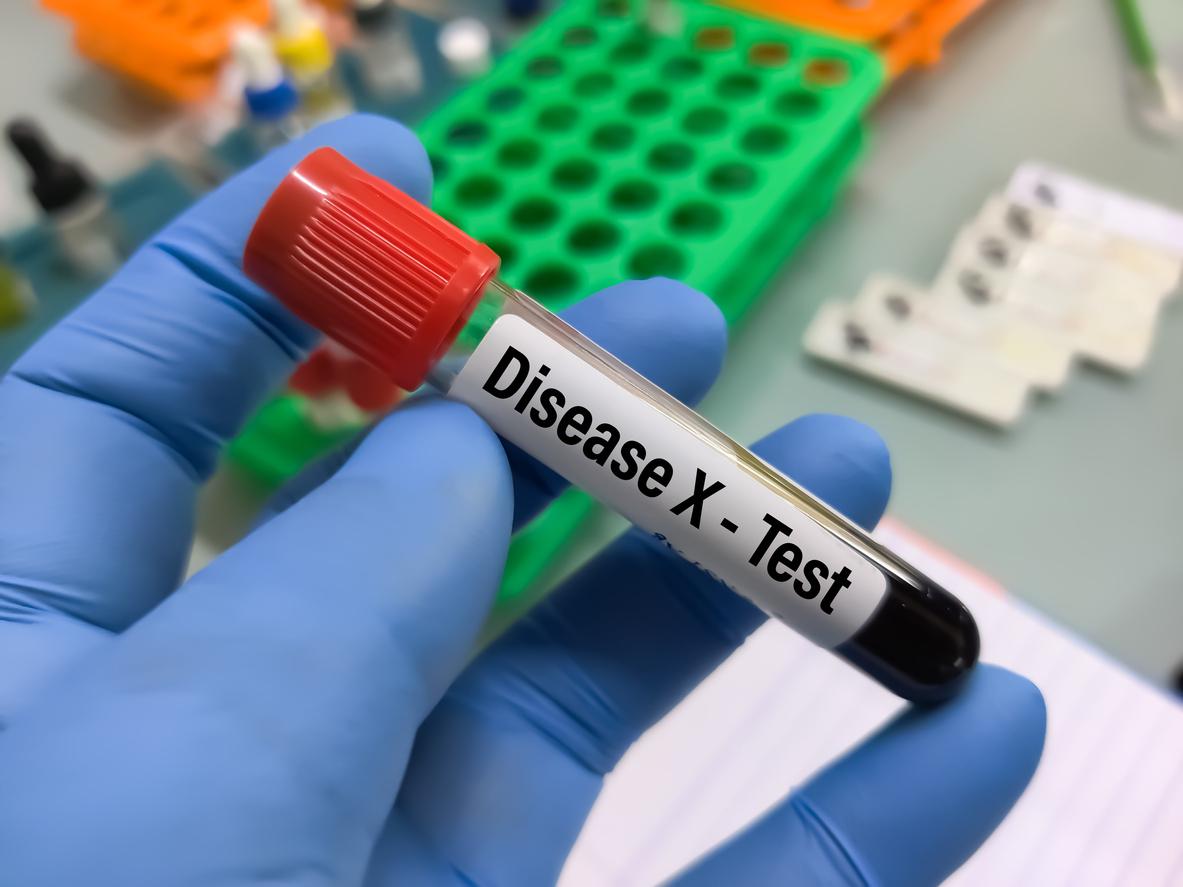The Parkinson disease, it is a real scourge: every hour, a new case is detected in France. This degenerative pathology corresponds to the premature aging of certain neurons, located in the niger locus, the “substantia nigra” of the brain. This very small area of the brain is partly responsible for the motor skills of the body: as a result, the main symptoms of Parkinson’s disease are tremors (although they are not automatic), slowness of movement, a feeling of stiffness, difficulties in writing…
Contrary to popular belief, Parkinson’s disease does not only affect the elderly: in fact, half of those diagnosed are between 40 and 58 years old – and 10% of patients are under 40 years old. In France, more than 150,000 people are affected by this disease: it is the second cause of motor disability in adults.
15 minutes to take stock of his treatment
Of course, medications exist to reduce the intensity of the main symptoms. The problem is that these sometimes cause rather disabling side effects: gambling addictioninconsiderate purchases, hypersexuality, compulsive eating, repeated rankings aimlessly… According to a study conducted by the France Parkinson association, 14% to 25% of patients have been confronted with one or more of these disorders.
It is therefore to facilitate discussion on this sometimes taboo subject that the association has launched an advisory website, anonymous and free. This self-questionnaire, which can be completed in 10 to 15 minutes, allows you to take stock of the side effects of your treatment, and “to make patients and their relatives aware of the behavioral problems that can be induced by antiparkinsonian treatments”. In addition, the site specifies that the self-questionnaire “can be used as a support to discuss with the doctor in charge of the disease who will adjust the treatment if necessary”. A great initiative, financed thanks to the support of the National Agency for the Safety of Medicines (ANSM).
To read :
Parkinson’s: received ideas about the disease
Parkinson’s disease: what’s new in research?

















